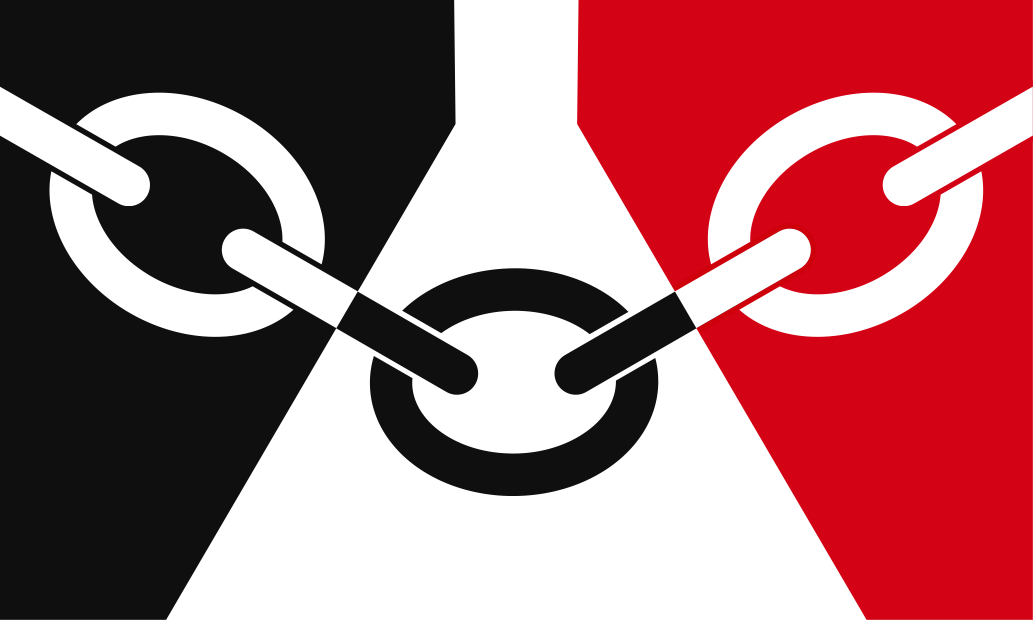
|

|
|
|
Landmarks ~
Churches ~
Pubs ~
Shops ~
Amenities ~
Dwellings ~
Events ~
Schools ~
Sports
Industrial ~ Transport ~ Folklore ~ Families
~ History ~
Old Maps
~ Aerial View 1962
~ Streets
~ Places
~ Typhoid Epidemic
~ Nailers
~ Snips
Census Enumeration ~ Bounds ~ Biblio ~ Sources
Nailers
Nail making was a cottage industry in Gornal during the 18th and 19th centuries, as it was with several surrounding areas of the Black Country.
This was a hard existence and women and children laboured in small cramped workshops adjoined or adjacent to their dwellings with very little pay making the iron nails, whilst the Iron Masters grew wealthy. The nailers of the area were exploited by the 'Foggers' - agents of the Iron Masters, who would supply the raw materials on credit, and collect their nails, often payment was in the form of tokens or 'checks' with which they could exchange for food and drink. Poverty, poor moral and social conditions were a normal way of life for these folk.
A Parliamentary report 1843 from the Mining Commission describes conditions in the South Staffordshire Coal Field.
Although the report is centred on mining, it does touch upon the nailing industry, of which Lower Gornal took no small part.
James Boydell, managing partner of the Oak Farm Company's works, gives an account of Lower Gornals nailers.
"As an illustration of the different condition of people in an agricultural and a manufacturing population. I may refer to Lower Gornal through which
I pass six times a day, to and from the works to my own house. It is, I should imagine, the dirtiest and most uncivilised village in the world; yet
the people have the best hearts; I can do anything with them. The people are mostly nailers and some miners.
The nailers are a very rough set. Nothing tends to demoralize the people more than women and men
working together in the nail shops. The consequence of that is no comfort at home, and consequently, when they are earning good wages, both
men and women go to the public house and drink and sing together."
He goes on to say....
"The state of morality is very bad at Lower Gornal. A short time ago there were 30 unmarried women in the family-way at once there, the whole
population being 500. They are dreadfully neglected. Nobody visits them, either churchmen or dissenters."
Boydell obviously had a disdain for the 'Foggers' (middlemen)....
"I will show you a man in Gornal who will offer to do work for me for nothing.
He will pay himself out of the profit of his shop.
He is an agent for nail-masters, a middleman of the worst description.
He takes all the trouble off the nail-masters hands by taking the iron and giving it out to the nailers,
and collecting the nails when made, and pays money for them for the nail-master.
For this trouble he repays himself by coercing those he employs to buy his goods.
He sells beer and all sorts of articles, clothing, bread, butter, flour, meal, &c.
I only point him out as I pass his shop daily, and to know it well."
The nailers of Lower Gornal were gradually moving to other occupations during the later
part of the 19th Century.
The Census shows that in 1881 there were around 500 folk from Lower Gornal who gave their occupation as part of the nail trade, ten years later this had decreased to 200 and by the turn of that Century, there were just 27 still working as nail makers. ~
|
|





